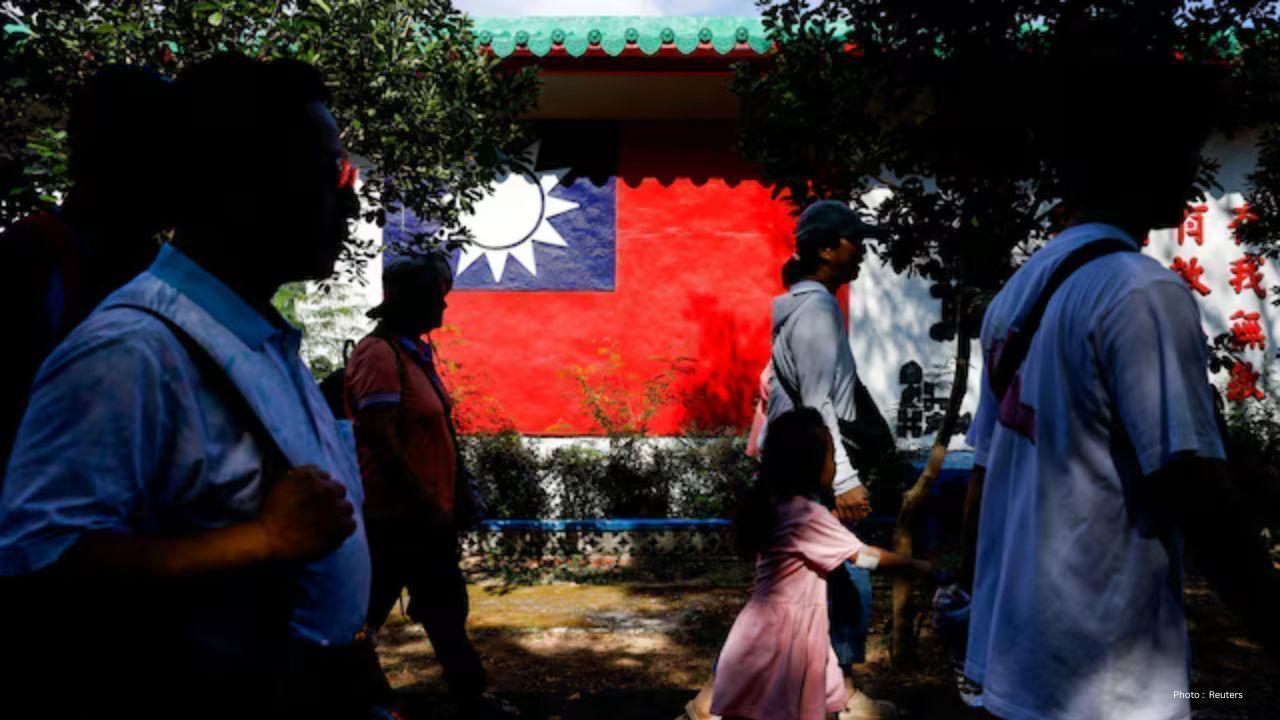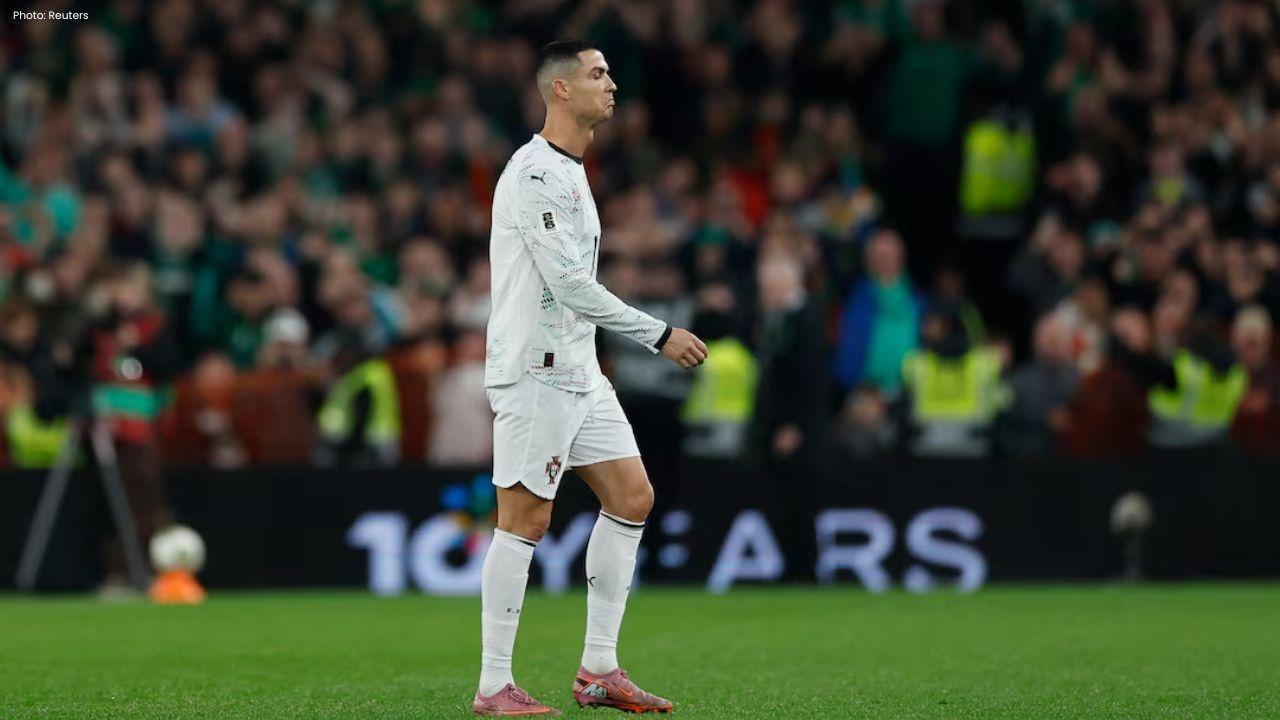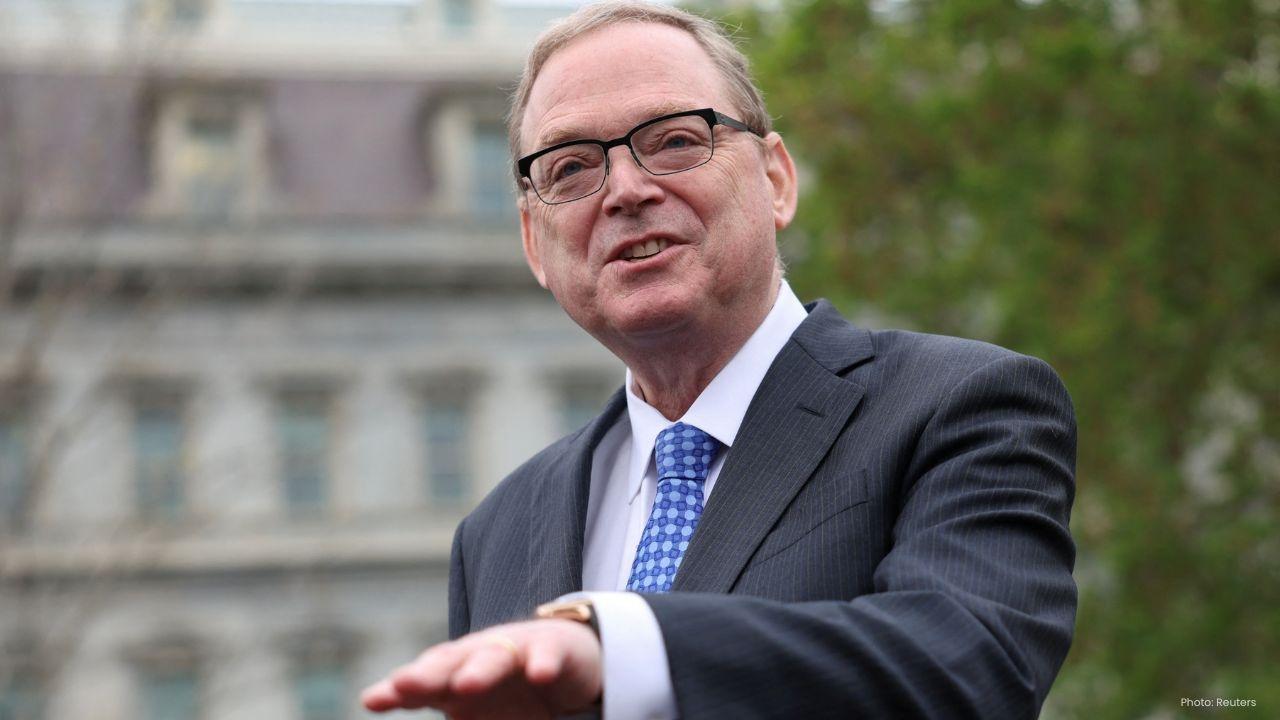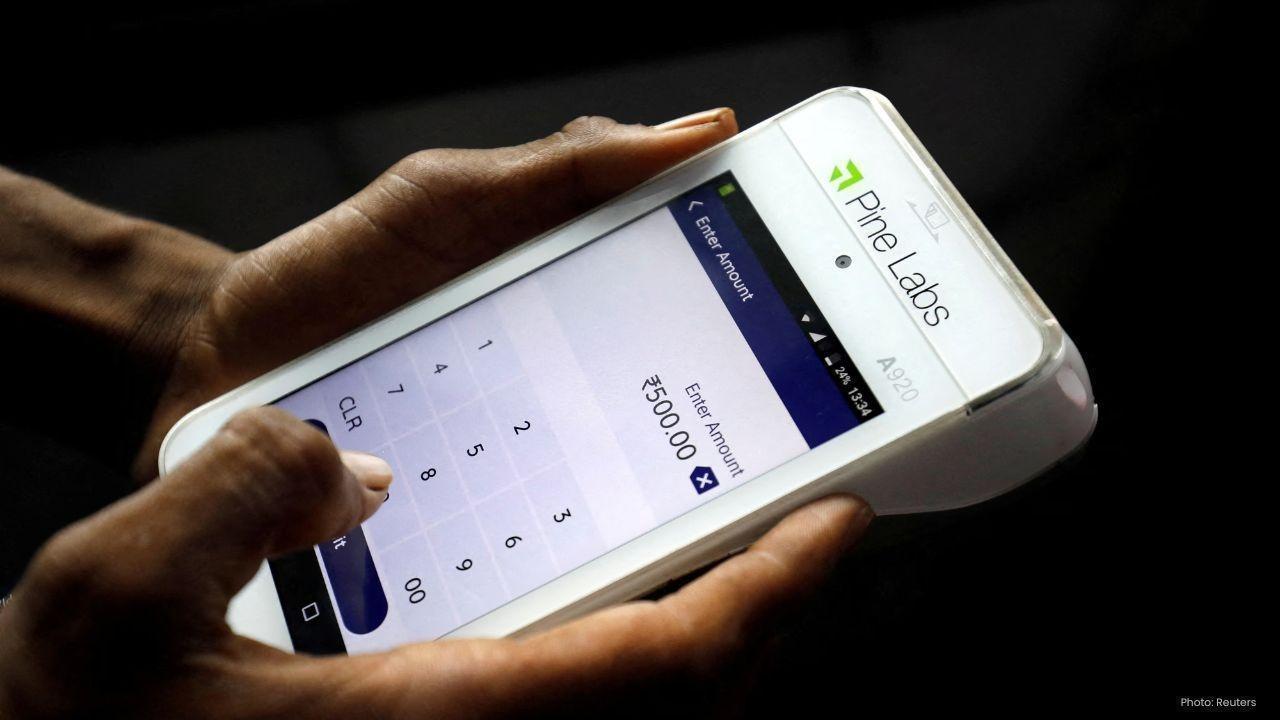
Post by : Saif Nasser
Taiwan’s government said on Tuesday that its relationship with the United States remains “very stable,” even as U.S. President Donald Trump prepares to meet Chinese President Xi Jinping in South Korea later this week. The meeting between the two powerful leaders has raised concerns in Taipei that Taiwan’s interests could be at risk during talks between Washington and Beijing.
Taiwan’s Foreign Minister Lin Chia-lung told reporters in Taipei that he is not worried about the possibility of the U.S. “abandoning” Taiwan. “No, because our Taiwan-U.S. relations are very stable,” Lin said. He added that both countries cooperate closely in areas such as security, trade, and business.
The United States does not officially recognize Taiwan as a separate country, as most nations follow the “One China” policy. However, under U.S. law, Washington is required to help Taiwan defend itself. This includes providing military equipment and support to ensure the island’s security. The U.S. has long been one of Taiwan’s strongest unofficial partners, even without formal diplomatic ties.
President Trump’s stance on Taiwan has shifted several times since he took office. While he has said that China’s President Xi promised not to invade Taiwan while he is in power, Trump has not yet approved new U.S. arms sales to Taipei. Some experts in Taiwan worry that Trump might use the issue of Taiwan as a bargaining chip in his trade discussions with China.
The Trump-Xi meeting will take place in South Korea during the Asia-Pacific Economic Cooperation (APEC) summit. This annual forum brings together countries from across the Asia-Pacific region to discuss trade, growth, and regional cooperation. Taiwan is one of the few international groups it can join, though it does not send its president to avoid political tensions with China.
Before leaving for the summit, Taiwan’s APEC representative Lin Hsin-i said that the event offers a rare chance for Taiwan to have “equal interactions” with other countries. “We hope to share Taiwan’s experience and build friendly relations with our partners,” Lin said.
China continues to claim Taiwan as part of its own territory and has increased military and political pressure on the island in recent years. Chinese warplanes and ships frequently cross into areas near Taiwan, sending a strong message of intimidation. Beijing has also tried to isolate Taiwan diplomatically by blocking it from participating in global organizations such as the United Nations.
China’s government has long promoted a “one country, two systems” plan for Taiwan — a model that would give the island some autonomy while recognizing Beijing’s control. This is the same system used for Hong Kong. However, most Taiwanese citizens and all major political parties have rejected this idea, fearing it would destroy Taiwan’s democracy and freedoms.
In a commentary published Tuesday, China’s official Xinhua news agency criticized “separatists” in Taiwan and said that the situation would “become increasingly favorable” for reunification. The article claimed that both sides could still negotiate a peaceful agreement that respects Taiwan’s current way of life.
Taiwan’s government strongly disagreed with Beijing’s statement. Officials in Taipei said that only the people of Taiwan have the right to decide their own future, and that China has no authority to speak on their behalf internationally.
Adding to the tensions, Chinese police in the city of Chongqing announced that they had opened an investigation into Taiwanese lawmaker Puma Shen, accusing him of engaging in “separatist” activities. Shen, who belongs to Taiwan’s ruling Democratic Progressive Party, said this was not the first time China had targeted him. He described it as an attempt by Beijing to frighten other pro-Taiwan politicians.
“This is not about me personally,” Shen said in a statement. “It’s a warning to others who support Taiwan’s independence. China wants to use fear and lawfare to silence us.”
Despite these developments, Taiwan’s leaders remain calm and confident in their partnership with the United States. Foreign Minister Lin said the communication between Washington and Taipei remains close and cooperative. “We believe that both sides understand the importance of maintaining peace and stability in the Taiwan Strait,” he said.
As Trump and Xi prepare for their meeting, analysts say the world will be watching closely to see whether Taiwan’s concerns are addressed — or whether its future becomes a point of negotiation in larger U.S.-China talks. For now, Taiwan’s government insists that its friendship with the United States stands strong and that it will continue to defend its democracy against growing pressure from Beijing.










Roberto Martinez Critiques Harshness of Ronaldo's Red Card in Ireland Match
Portugal's coach, Roberto Martinez, defends Ronaldo after his first red card impacts a 2-0 loss to I

Luis Rubiales Egged at His Book Launch in Madrid
Luis Rubiales faced an egg-throwing incident by his uncle during his book launch, further complicati

Kai Trump Struggles in LPGA Debut, Reflects on Experience
Kai Trump finished her LPGA debut with a score of 83, learning valuable lessons amid significant att

Kansas State Edges Past Cal 99-96 in Thrilling Encounter
Kansas State narrowly defeats Cal 99-96, with Haggerty's standout performance crucial to the Wildcat

Suns Dominate Pacers with Stellar Performance from Booker
The Suns secure a decisive victory over the Pacers, with Devin Booker showcasing his talent and exte

Injury-Stricken Clippers Battle Mavericks in NBA Cup Clash
Both the Clippers and Mavericks face injury struggles as they meet in an NBA Cup showdown, eager to